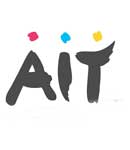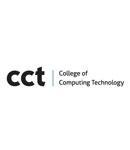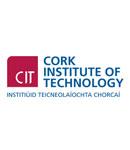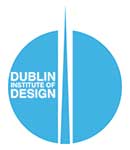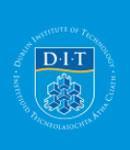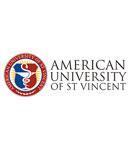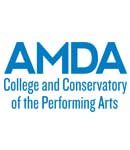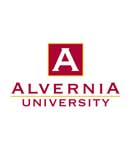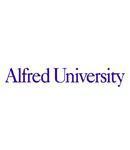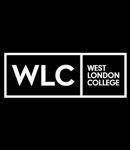Ireland
Why Study In Ireland
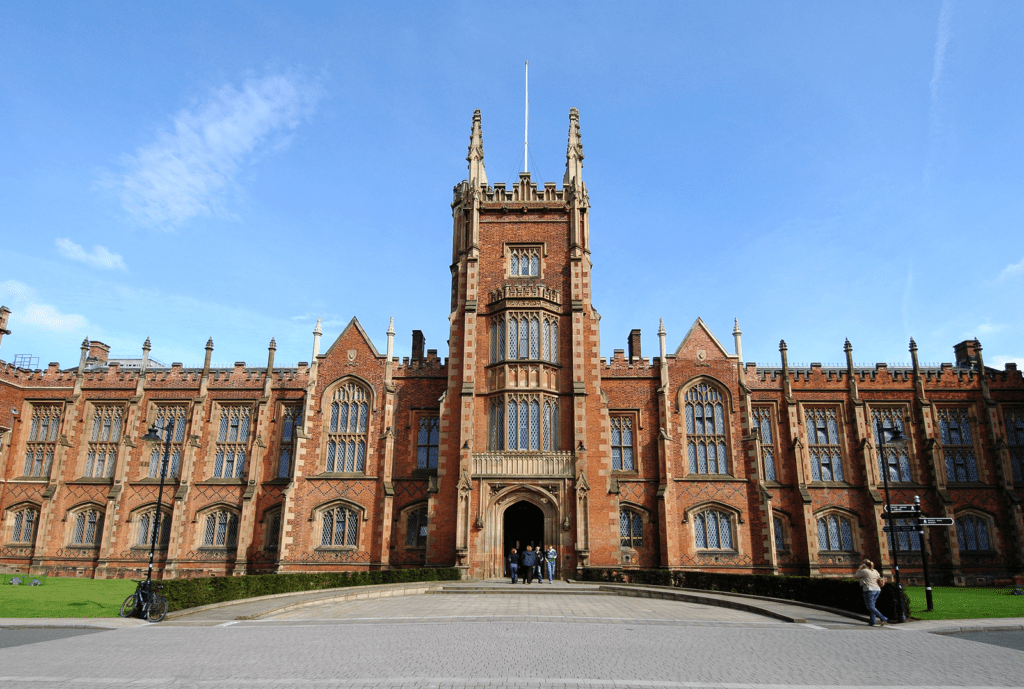
Education Cost in Ireland
Tuition Fees
Tuition fees to study abroad in Ireland vary depending on the institution and the study programme. An example of tuition fees for 2019/2020 for undergraduate and postgraduate, non- E.U. students at a third level institution are as follows:
Course | Average Fees (Euro) |
Medicine and related | € 12,035 – € 51,635 |
Engineering | € 10,000 - € 21,600 |
Science & Technology | € 10,000 - € 21,600 |
Business Related | € 10,000 - € 30,000 |
Arts and Humanities | € 10,000 - € 20,000 |
Cost Of Living
On an average, study in Ireland for Indian students should count approximately between €8,000 and €12,000 per year as living expenses, this depends on the location and lifestyle.
Accommodation
Third level students: The higher education system in Ireland is called as Third level education or tertiary education.
Most third level institutions have on-campus student residences, often resembling small villages with on-site facilities such as shops, launderettes, restaurants etc.
As study in Ireland consultants, another popular option that students increasingly seek in the main cities is self-catering rented accommodation, often shared with other students. Students opting for this kind of accommodation are advised to arrive in the country two or three weeks prior to the start of the academic year in order to secure a place in a house/apartment.
Some third-level students opt for host family accommodation. This can be a good option for those leaving home for the first time as it helps to integrate them into the local community and the Irish way of life. Students are normally provided with their own room along with morning and evening meals.
Career Opportunities in Ireland
Part Time:
International students in Ireland attending a full-time course of at least one year's duration leading to a qualification recognized by the Minister for the Education and Science will be entitled to take up casual employment defined as up to 20 hours part time work per week or full-time work during normal college vacation periods.
Full Time:
Third Level graduate scheme: Students who study in Ireland and complete a qualification with Bachelors (Three or Four Years), Postgraduate Diploma, Masters or MBA form an Irish Higher Educational Institutions listed by an Irish Awarding Body (Overseas Accreditation will not be accepted) will be allowed to remain in Ireland for up to 12 months and 6 months for the Ordinary Bachelor’s Degree (Three years Full Time) to seek employment and apply for a Green Card/ Work Permit. This period starts from the day you receive exam results.
Ireland is a highly developed democracy with a modern economy. The Irish economy is particularly strong in the areas of Software Development, Pharmaceuticals, Manufacturing and International Services.
Dublin is Google's European Headquarters and its largest operation outside the USA, with employees from over 40 nationalities.
Ireland has an export-based economy, with main industries being Software, Mining, Construction, Telecom, Tourism and Hospitality. Ireland has also established itself in areas of Life Science including Biotech & Pharmaceuticals Industries. It has 32 Manufacturing plants -approved by the USA Food & Drug Administration’s producing 6 of 10 World's best-selling drugs.
FAQ's - Study in Ireland
Where Can I Study In Ireland?
In Ireland, the Education system consists of Universities, Institute of Technologies and Private Independent Colleges. The entry requirement for the courses offered by them vary from Institution to Institution.
How Can Indian students in Ireland Finance Their Studies?
As compared to the cost of studying in India, going abroad can seem to be steeply expensive. However, one must keep the possible returns in mind which are in the form of quality education, international exposure and boost to one's career when evaluating the costs of studying abroad.
A student can rely on sources like family funds, bank loans, scholarships, bursaries, sponsorships etc to provide for funds required by him.
How Can I Avail Bank Loans?
Most nationalized banks offer students loans at competitive rates for considerable time periods which may enable a larger section of students to go and study abroad. They will ask for a collateral security to be pledged. You can even consider the possibility of an international bank loan. As study in Ireland consultants, kindly ask your Edwise counselor for further details.
Who Can Sponsor My Study in Ireland?
A blood relative is always preferred but other sponsors can also help to fund your education in Ireland, provided a logical explanation is given as to why he is willing to sponsor you.
What Is GNIB?
Garda National Immigration Bureau (GNIB) is an Immigration Service in Ireland.
Do I Have To Pay For Health Insurance?
International students in Ireland are not covered for any free medical attention off-campus and must therefore have their own private insurance. Kindly note that a heavy amount is charged for all hospitalization and it is advised to make provision for adequate medical insurance. International students in Ireland are required to show proof of comprehensive medical insurance when registering with the Garda National Immigration Bureau. While applying for a student Visa, proof of health insurance is required.
Should I Pay A Deposit?
All Universities, Colleges and Institute of Technologies require the students to pay a deposit of 500 to 1000 euros in advance in order to reserve a place for them. In any case as study in Ireland consultants we recommend that all students should make a deposit payment as it facilitates in getting a student visa.


